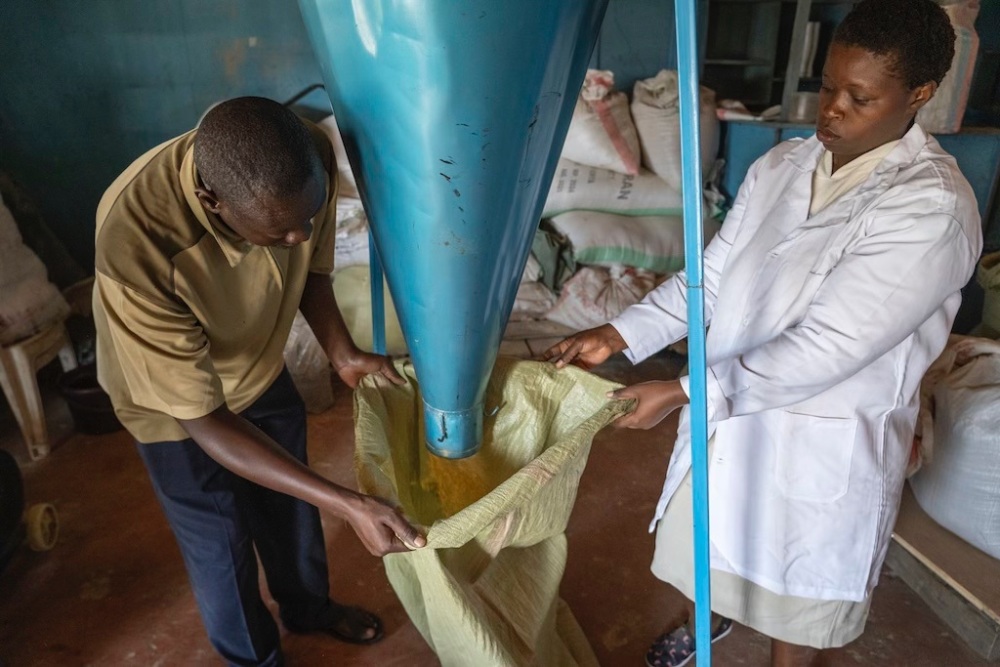Empowering Kenya: Advancing Appliance Efficiency Through Partnership

Earlier this year, Kenya made a landmark shift in its energy strategy by incorporating renewable appliances into its National Energy Policy. This revision signaled the government’s move to recognize energy efficiency as a key part of national development. CLASP experts, working as part of the Efficiency for Access (EforA) coalition, provided support to Kenya Renewable Energy Association (KEREA) to advance these initiatives. Yet, one major hurdle remains: outdated performance standards.
Most off-grid and mini-grid renewable appliances in the Kenyan market today have been evaluated using performance metrics tailored for traditional grid-connected devices. As a result, innovative appliances like solar mills, solar fridges, and solar water pumps often receive poor efficiency ratings that do not reflect their actual performance in off-grid contexts.
Powering Possibilities, One Appliance at a Time
From solar-powered fridges that extend the shelf life of produce, to water pumps that boost agricultural productivity, solar mills that improve nutrition, and solar lanterns that allow school children to study into the night, the impact of efficient, sustainable appliances on health, productivity, education, and income is both immediate and far-reaching.
KEREA, in collaboration with EforA experts and other partners, is driving initiatives to develop new efficiency standards for Kenya for renewable appliances. In addition, they are working to boost public awareness of the benefits of energy efficiency, and foster collaboration across the renewable energy sector to catalyze the widespread adoption of energy efficient appliances.
How appliances advance and improve lives
Access to clean, reliable energy in Kenya is a critical enabler of opportunity, progress, and resilience. Inefficient appliances burden households and businesses by costing more to run and inflating operational costs. Inefficient appliances and inefficient industrial equipment also strain the power grid and increase climate emissions.
“In rural areas, a solar-powered refrigerator can change everything,” shares Joseph Otieno, a community leader in Siaya County. “It means farmers can store their produce longer and sell at better prices, families can keep food fresh, and health centres can safely store vaccines.”
Looking Forward: Integrating Appliance Efficiency into National Strategy
In addition to Kenya’s National Energy Policy 2025, KEREA and EforA are supporting Kenya’s Draft Productive Use Energy (PUE) Strategy. In this strategy, efficient appliances are positioned as vital tools for economic empowerment. Also, appliances powered by renewable energy (like solar PV) should be evaluated using separate standards from those powered by the grid.
Aligning testing and labelling protocols with the unique characteristics of renewable appliances such as solar powered fridges and pumps—will not only build consumer trust but also unlock new markets and investment opportunities.
Finally, KEREA and partners, have been successful in advocating for targeted incentives—including exemptions from the newly proposed solar tax—to further build resilience within the renewable energy sector and catalyze market growth.
Looking towards a brighter, more efficient future
The adoption of energy efficient appliances in Kenya represents a powerful opportunity to accelerate national development. Strategic partnerships with associations and the private and public sectors will keep Kenya positioned to lead Africa in building a resilient, energy-smart future.